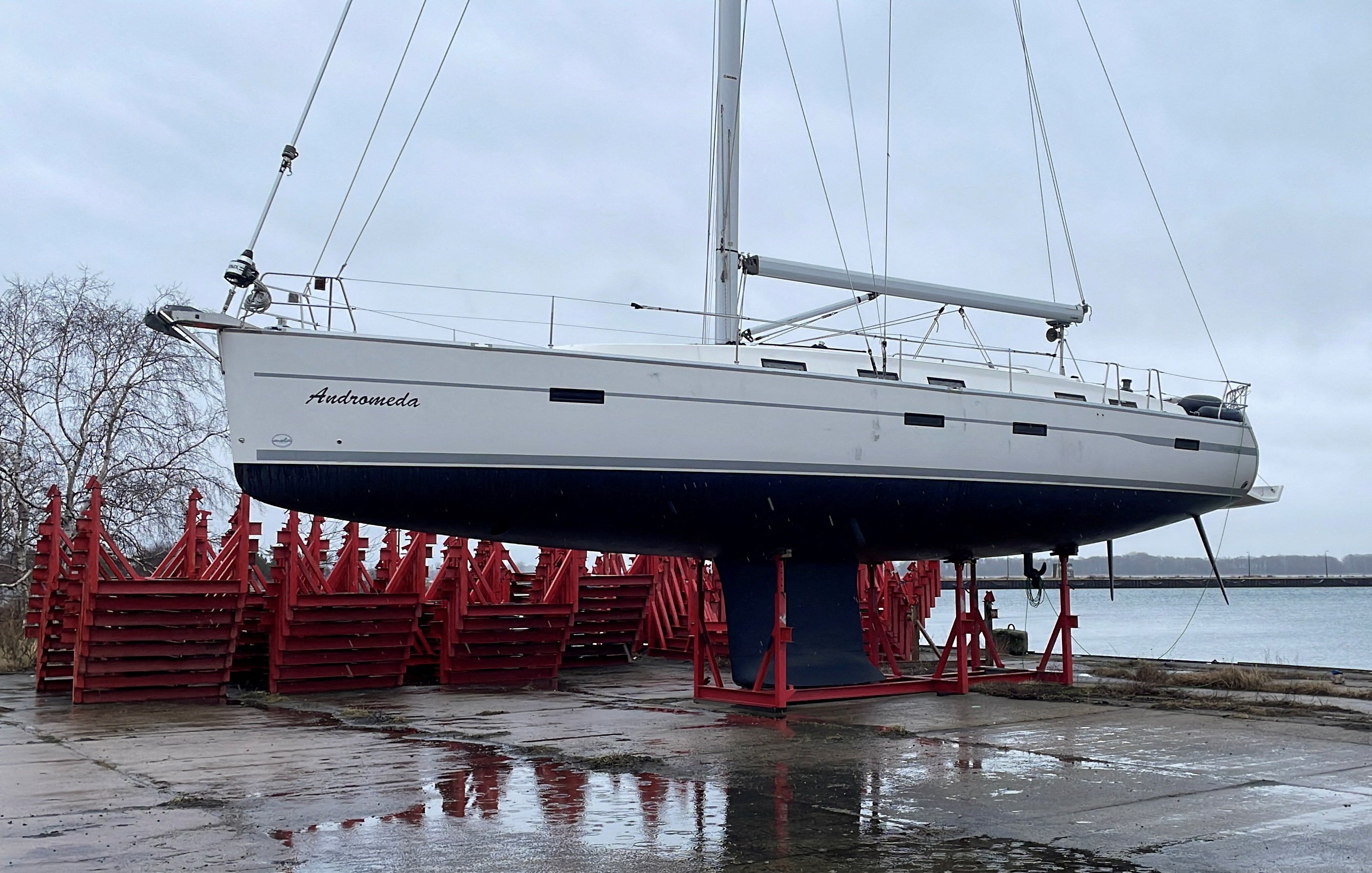© Turkuvaz Haberleşme ve Yayıncılık 2024
Traces of subsea explosives have been found by investigators in samples taken from a yacht that has been one aspect of a probe into the sabotage of the Nord Stream gas pipelines under the Baltic Sea last year, European diplomats have told the United Nations Security Council.
They say that the investigation hasn't yet established who the perpetrators were and whether a state was involved.
Denmark, Sweden and Germany have been investigating the Sept. 26 attack, and the Danish Foreign Ministry tweeted a letter Tuesday from the three countries' U.N. ambassadors to the president of the Security Council with information on their activities so far.
Officials voiced caution in March over media reports that a pro-Ukraine group was involved in the sabotage. German media reported then that five men and a woman used a yacht hired by a Ukrainian-owned company in Poland to carry out the attack, and that it set off from the German port of Rostock.
German federal prosecutors declined direct comment on that and other reports but did confirm that a boat was searched in January, and said there was suspicion that the boat in question could have been used to transport explosive devices that were used to blow up the pipelines.

A section of this week's letter detailing Germany's findings said that the sailing yacht's precise course hasn't yet been definitively established. It said that "traces of subsea explosives were found in the samples taken from the boat during the investigation,” but didn't elaborate.
"At this point it is not possible to reliably establish the identity of the perpetrators and their motives, particularly regarding the question of whether the incident was steered by a state or state actor,” it said. "All information to clarify the matter will be pursued during the continuing investigations.”
The undersea explosions ruptured the Nord Stream 1 pipeline - which, until Russia cut off supplies at the end of August, was its main natural gas supply route to Germany. They also damaged the Nord Stream 2 pipeline, which never entered service as Germany suspended its certification process shortly before Russia invaded Ukraine in February 2022.
The pipelines were long a target of criticism by the United States and some of its allies, who warned that they posed a risk to Europe’s energy security by increasing dependence on Russian gas.
President Vladimir Putin and Russian officials have accused the U.S. of staging the pipeline explosions, which they have described as a terror attack. Ukraine has rejected suggestions that it might have ordered the attack. The countries investigating the explosions haven't commented on who might have been responsible.
